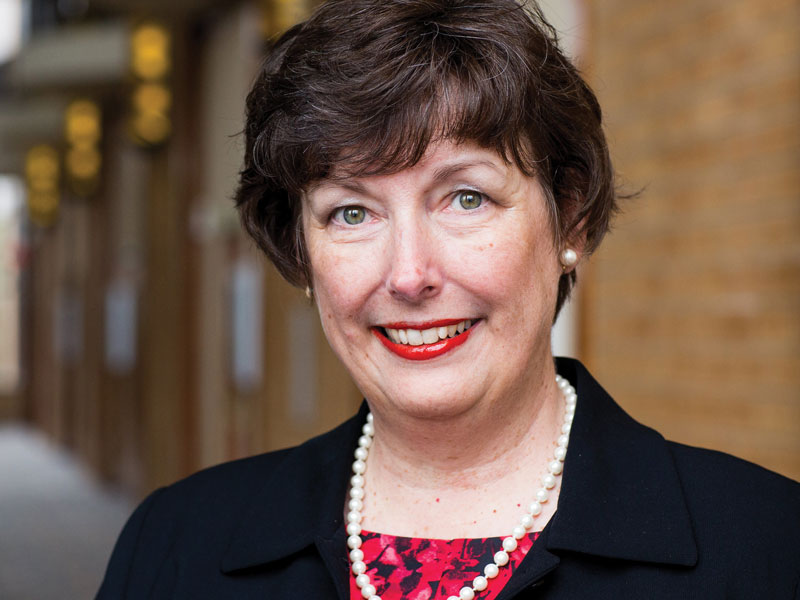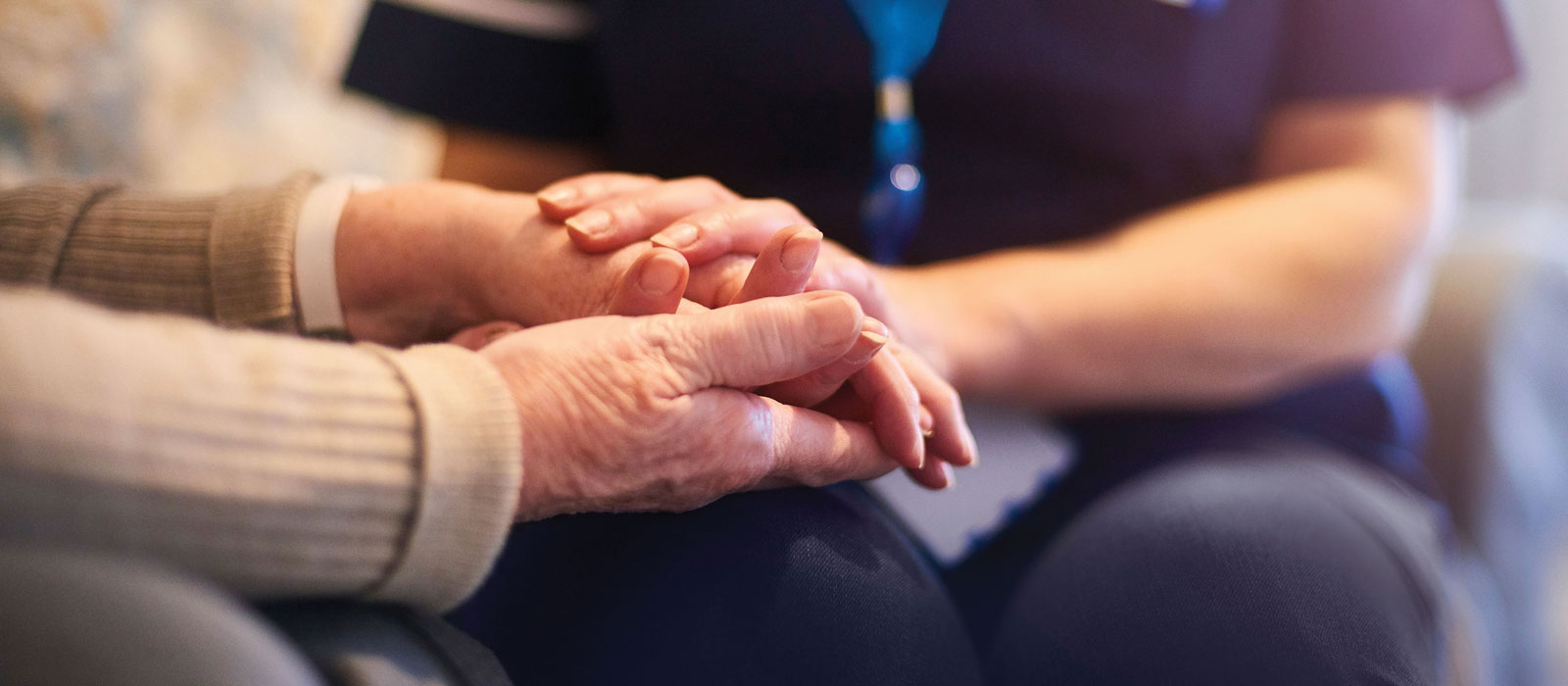The concept of providing comfort is at the core of my identity as a nurse, and I have always been drawn to the palliative care component of what we do as oncology nurses. Because it wasn’t part of my roles, I was less confident in my knowledge and understanding of chemotherapy administration, but I often thought, “Palliative care, yeah, I’ve got this!”
And then I learned how little I knew.

Palliative Care Nursing Education
About 15 years ago, I had an opportunity to learn and teach others about the End-of-Life Nursing Education Consortium (ELNEC), which was developed as a joint initiative from researchers and clinicians at the City of Hope and educators at the American Association of Colleges of Nursing. The ELNEC program celebrated its 20th anniversary in 2019 having taught more than 738,500 nurses and other healthcare providers.
ONS member Betty Ferrell, PhD, MA, FAAN, FPCN®, CHPN®, served as the principal investigator on a grant from the National Cancer Institute in collaboration with ONS to offer education about palliative and end-of-life care through ONS chapters using a train-the-trainer methodology. More than 250 ONS members and oncology nurses became trainers through the program. I was the ONS director of education at the time and helped to facilitate ONS chapter communication. ELNEC faculty taught me so much that helped address some personally unresolved grief, having just lost a dear sister to colon cancer.
Comfort During COVID-19 Stress
I was reminded how much that meant to me when I saw that ELNEC team offering free education materials and resources to meet the needs of nurses caring for patients and families during the COVID-19 coronavirus pandemic, including slide presentations, case studies, webinars. Two of those webinars may be especially helpful:
- Ethical Dilemmas Facing Nurses During the Coronavirus Crisis: Addressing Moral Distress
- Communication Tips for Nurses Supporting Seriously Ill Patients, Families, and Communities During the Coronavirus
Patient Support as COVID-19 Changes Cancer Care
Oncology nurses may need more assistance than ever in helping patients understand goals of care and changing treatment plans as COVID-19 limits access and availability. The pandemic has created unique challenges in providing symptom management, psychological support, and grief and bereavement care, and ELNEC’s resources can help oncology nurses navigate today’s unprecedented circumstances.
And on a personal level, I am once again benefitting from these resources as I help my family through the grief of losing another sister during this time of isolation and social distancing that has so disrupted our ability to comfort one another. I hope that ONS members will use these tools and resources to help other families in need.






